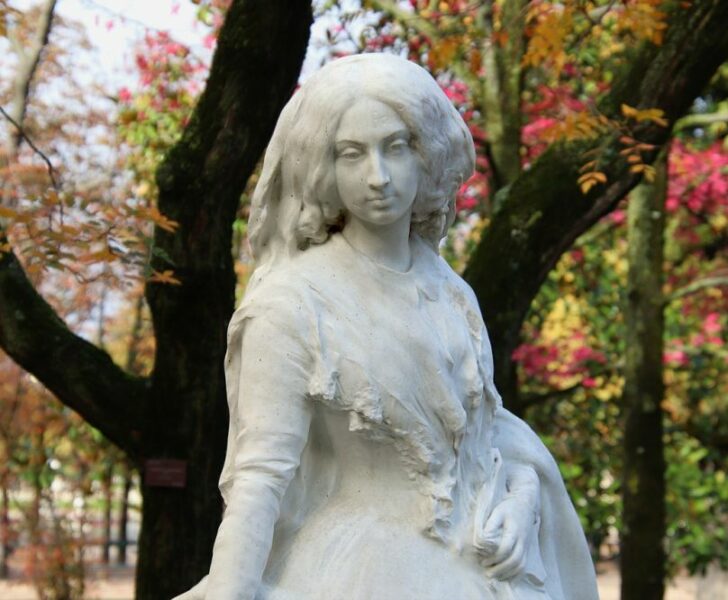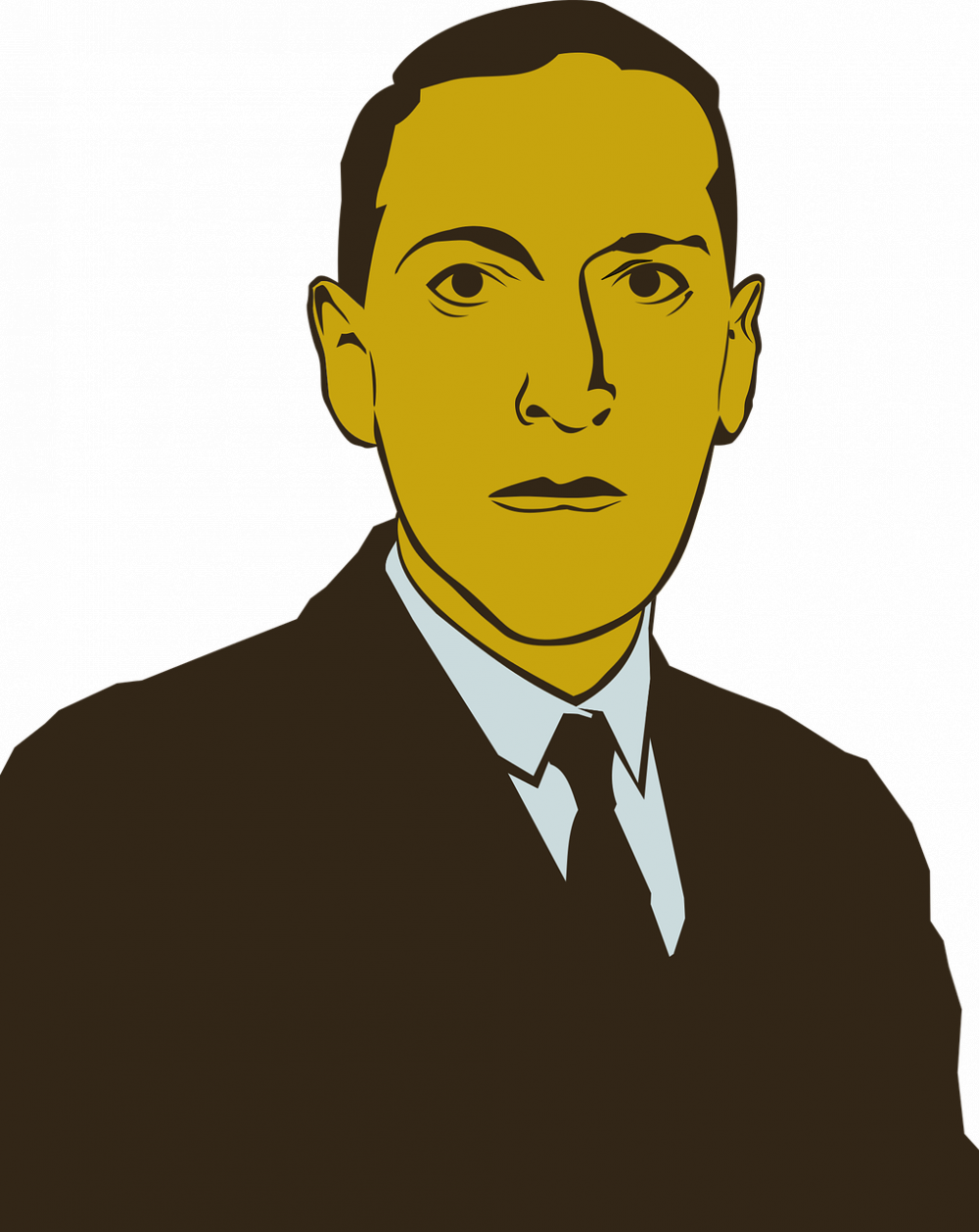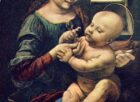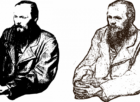George Orwells Animal Farm: An In-Depth Analysis and Historical Overview

Introduction:
Animal Farm, written by George Orwell, is a tale that transcends generations, captivating readers with its powerful commentary on political systems and human nature. Published in 1945, this allegorical novella has stood the test of time, resonating with readers worldwide. In this article, we will delve deep into the themes, symbolism, and historical context of Animal Farm, providing essential information for anyone interested in this literary masterpiece.
Overview:

Animal Farm depicts the story of a group of farm animals who rebel against their human owner, Mr. Jones, aiming to establish an egalitarian society. Under the charismatic leadership of the pigs, notably Napoleon and Snowball, the animals unite and successfully overthrow their oppressive master. What begins as a utopian vision of equality and freedom, however, gradually transforms into a totalitarian regime under the pigs’ rule.
Themes:
1. Power and Corruption: Animal Farm explores the corrupting nature of power and how idealistic revolutions can be derailed by individuals seeking personal gain. Napoleon, representing Stalin, gradually consolidates power, marginalizing Snowball and using fear and manipulation to maintain control. This theme highlights the dangers of absolute power and the potential erosion of initial ideals.
2. Class Struggle: The animals’ rebellion against Mr. Jones symbolizes the oppressed proletariat rising against their bourgeois oppressors. Initially united, the animals’ classless society gives way to an exploitative hierarchy with pigs at the top. Orwell critiques the betrayal of the working class’s interests by their supposed leaders, exposing the inevitability of social inequality.
3. Language and Propaganda: The manipulation of language and misinformation play crucial roles in maintaining the pigs’ control. Through the slogan “All animals are equal, but some animals are more equal than others,” the pigs create a double standard that justifies their privileges. Orwell emphasizes the power of language in shaping public perception and controlling the masses.
Historical Development:
Animal Farm draws heavily from the historical events leading up to and during the Russian Revolution of 1917, with Orwell using animals as allegorical representations of key figures and concepts.
1. Mr. Jones as Tsar Nicholas II: Orwell portrays Mr. Jones as a negligent and cruel farmer, symbolizing Tsar Nicholas II, whose incompetence and oppression triggered the Bolshevik Revolution.
2. Snowball and Napoleon as Trotsky and Stalin: Snowball, an eloquent and intelligent pig initially working alongside Napoleon, represents the intellectual and visionary Leon Trotsky. Conversely, Napoleon embodies Joseph Stalin, using brute force and manipulation to eliminate his opposition and consolidate power.
3. The Battle of Cowshed as the Russian Civil War: Orwell’s depiction of the Battle of Cowshed mirrors the Russian Civil War, where foreign forces and anti-revolutionary groups tried to regain control. The animals’ unity during this battle represents the strength and determination of the Bolsheviks against counter-revolutionary forces.
Conclusion:
George Orwell’s Animal Farm remains a significant literary work, resonating with readers due to its timeless themes and historical relevance. Through its portrayal of power, corruption, and the betrayal of revolutionary ideals, Animal Farm serves as a warning against the dangers of unchecked authority. By understanding the historical context and symbolism, readers gain a deeper appreciation for Orwell’s critique of totalitarianism and the potential pitfalls of political revolutions. Whether you are a lover of literature, a history enthusiast, or merely curious about the complexities of human nature, Animal Farm offers profound insights worth exploring.











